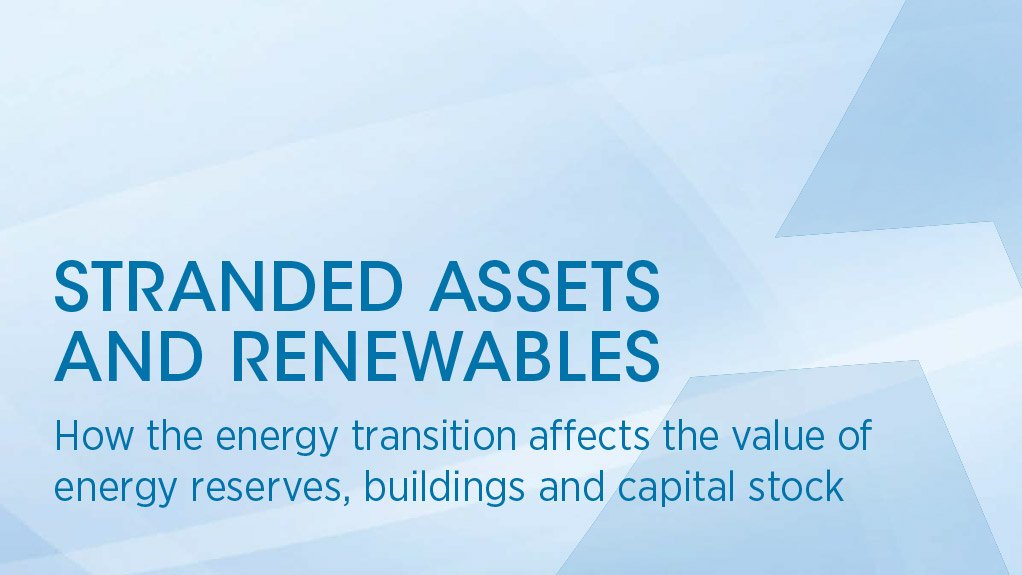- Stranded Assets and Renewables0.98 MB
Assets like power plants can become “stranded” by unanticipated or premature write-downs, devaluation or conversion to liabilities. This will happen to some degree in the transition to a low-carbon economy. However delaying action to address climate change would result in significantly more severe asset stranding, according to this analysis by the International Renewable Energy Agency (IRENA). This raises concerns for investors and companies, as well as policy makers and regulators.
This paper examines the potential magnitude of asset stranding in the global energy sector due to a shift to renewables and energy efficiency that would be needed to fulfil the Paris Agreement. Governments, companies and financial institutions all face risk, with consequences along the whole investment chain in both mature and developing capital markets.
Early action on carbon-dioxide mitigation, however, would ultimately reduce asset stranding in upstream energy, power generation, and the industry and buildings sectors. In contrast, the value of energy assets stranded would be twice as high with delayed policy action, IRENA’s analysis shows. Developing countries, in particular, can reduce asset stranding – along with broader economic damage – by taking action sooner on energy decarbonisation.
Clearly, polluting assets should be stranded before they irreversibly alter the climate. Stranding such assets sooner, meanwhile, will cost countries less. The paper outlines high-level action areas for policy makers to consider.
Report by Irena
EMAIL THIS ARTICLE SAVE THIS ARTICLE ARTICLE ENQUIRY
To subscribe email subscriptions@creamermedia.co.za or click here
To advertise email advertising@creamermedia.co.za or click here











